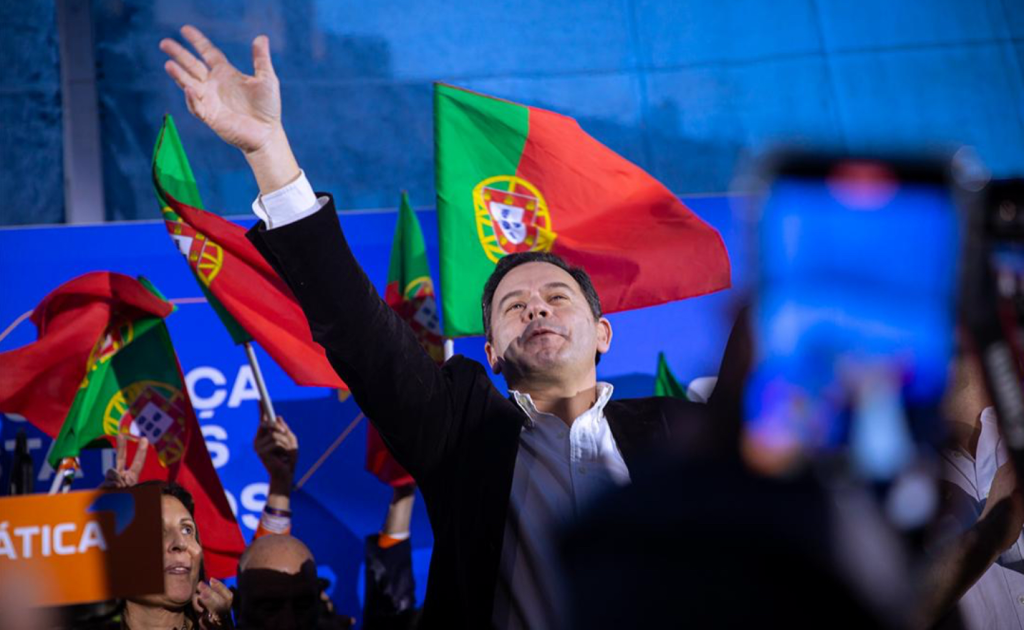ALBERTO BARCIELA
THE UMBRAL OF BESTEIRO

After the cover, the Manual de Instrucciones Francisco Umbral, calls on the prologue writer, Ángel Antonio Herrera, and the author of the book, José Besteiro, to understand something of the densities of a biography, which is not, or of a novel, which is not, or of an essay, which is concealed in itself, and which seems, it is well noticed, a “successive article” -I would say several, to be clarified and numbed with a vertigo of data, quotes, anecdotes, references, comings and goings through literature, journalism, culture and personal experiences, and through the centuries of the centuries, stopping here and there at the right moment, in the now, in the self, in classical Greece, in France, in Madrid or in Mondoñedo, at the very foot of Cunqueiro, and all while forging a tribute to a boy from Valladolid who was going to be a bellboy, who culminated as Prince of Asturias Award for Letters and who was never accepted at the RAE (Royal Academy of Arts and Letters).
Besteiro is a generous being, trapped in himself, a vertiginous, multiple and enthusiastic journalist, a father who claims to be a “housewife”, and who writes with knowledge of the cause, of what is close and consubstantial to his vastness, to a meek and immense culture, unusual, educated, read, hollowed of his truths, enriched with his reflections and without pedantries, to reach with them his own summits, from the “chiripitifláutico” to his “amenes”, adherences of an intense, attentive, earthly life.
The Paco who was Umbral is truffled in this publication between the personal and the apparent, between the extreme ideological and the contrary life, between the evident mortal without sin and the achievements, between memory, invention, truth and imposture -especially the social one, or the one claimed by the notoriety that sells books-. He is the man who transfigures himself into a novelist to recreate the former as a biographer, as Benjamín Jarnés, one of the hundreds of authors cited with authority in the work, says. Understand that writers do not lie, but fabricate, and then you will understand that every lie is truth.
José Besteiro owed this work to himself. He had all the mimbres and made a basket to the measure of a sublime tribute to a master of journalism and literature, of the word at last, of the given and the compromised or not, at the convenience of the author, of the same one who transits generations, epochs, styles, references, as one who walks along the Paseo del Prado, not Palacio, carrying a lady on his arm, with the attitude of “a sociologist of cab and kiosk, a spy of the mouth to mouth, with a clinical eye that combined the microscope with binoculars.” Besteiro portrays himself talking about Umbral and Umbral did the same dissecting others, in an exercise that if it is not gibberish it seems so. That is why in the Madrid writer from Pucela, in the son of a slip, who was, as it was said, a bellboy and ended up creating fashion and trends, there is a Delibes and a Cela, a Pla and a Cunqueiro, a Larra and a Lorca, a Gómez de la Serna, a Ruano and a Valle Inclán, a Montaigne and a Proust or a Baudelaire, a truth and a gulf, an impostor and the exercise of a mystical religion of atheism.
A being created by himself in self-complacency, in a Spain of table stretcher, who lived between curtains and rosaries, who portrayed himself in black and white in the Nodo, who dressed in condolences while he lightened the sheets used in hiding or vice. Umbral, “with his convertible prose”, hid behind his own impostured portrait and Spain also lived in its perpetual carnival of grotesque, aristocratic, plebeian and vulgar appearances in the colors of verbenas and bullfights, and great History that had become less by reason of use.
Umbral sacrificed himself to make good articles, he abdicated his convictions, even his friendships for the vile price of success, of the ephemeral fame of the instant, provoked, in exchange he made poetry with journalism, he literaturalized everything he touched, even women. That was his style.
José Besteiro’s book is a great lesson of the word, of admiration, of friendship and supposes a renunciation in favor of the honoree, to whom he raises a paper statue with a red scarf. Umbral did not need this book, Besteiro says he did, and so do we. I think so.
—-
Alberto Barciela, Spanish journalist, is vice-president of EditoRed.
This text is free to use. If you use it, please cite the author and EditoRed.



